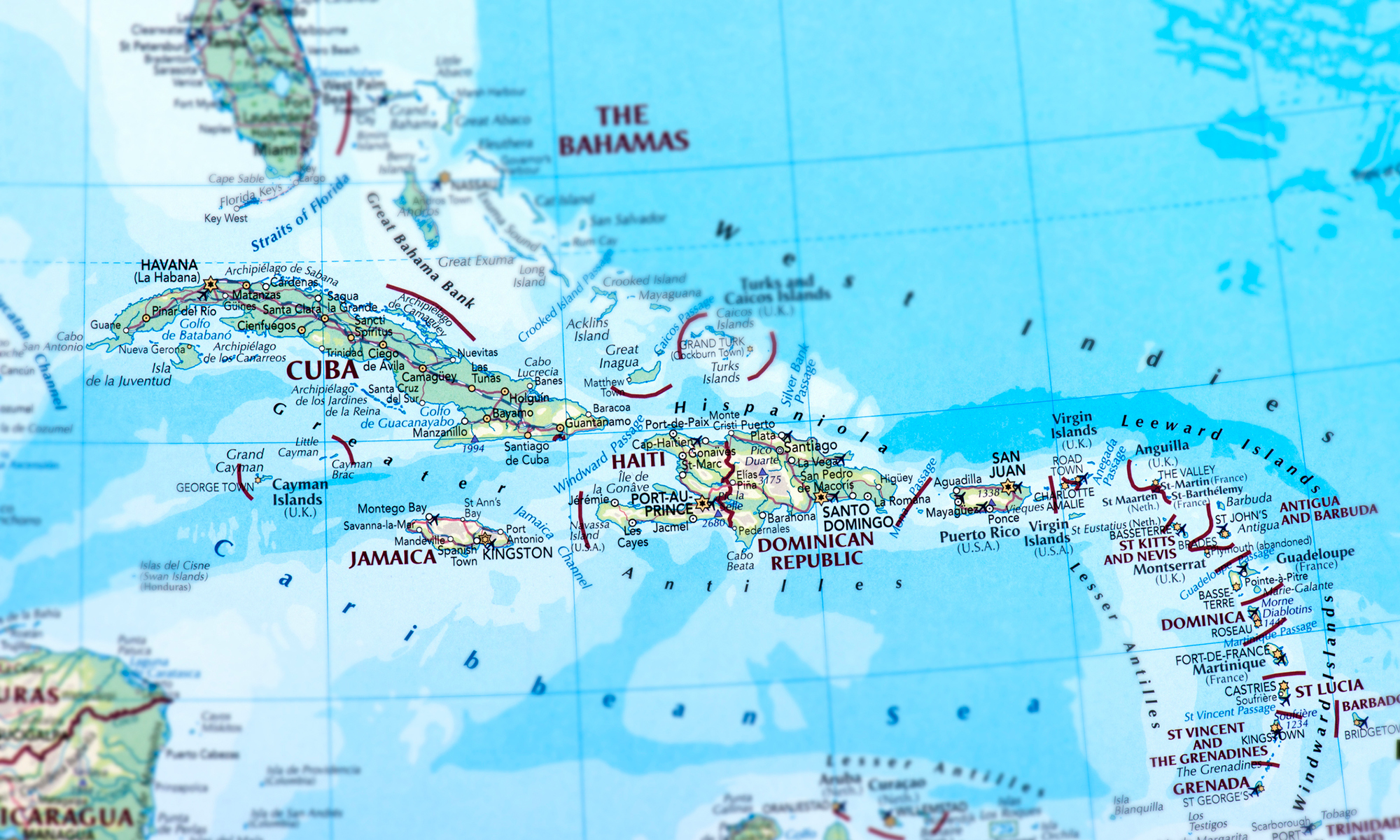The Obama administration took another major step toward normalized relations with Cuba when the State Department announced that as of May 29 it had removed Cuba from the U.S. list of state sponsors of terrorism. Cuba’s removal from the list came at the end of a 45-day congressional review period. Congress could have taken steps to oppose the removal of Cuba from the list, but did not do so.
Much like the administration’s Dec. 17 announcement to begin the process of normalization of relations with Cuba, including travel and commerce, the move comes by way of an executive order and doesn’t do away with the 55-year-old U.S. embargo on the island nation. Still, the move represents increased progress in President Obama’s hope of thawing tensions between the countries and is quite significant in that it clears another major hurdle toward restoring formal diplomatic ties between Washington and Havana. Continue reading “Removal From Terror List Marks Significant Step In U.S.-Cuba Relations”
